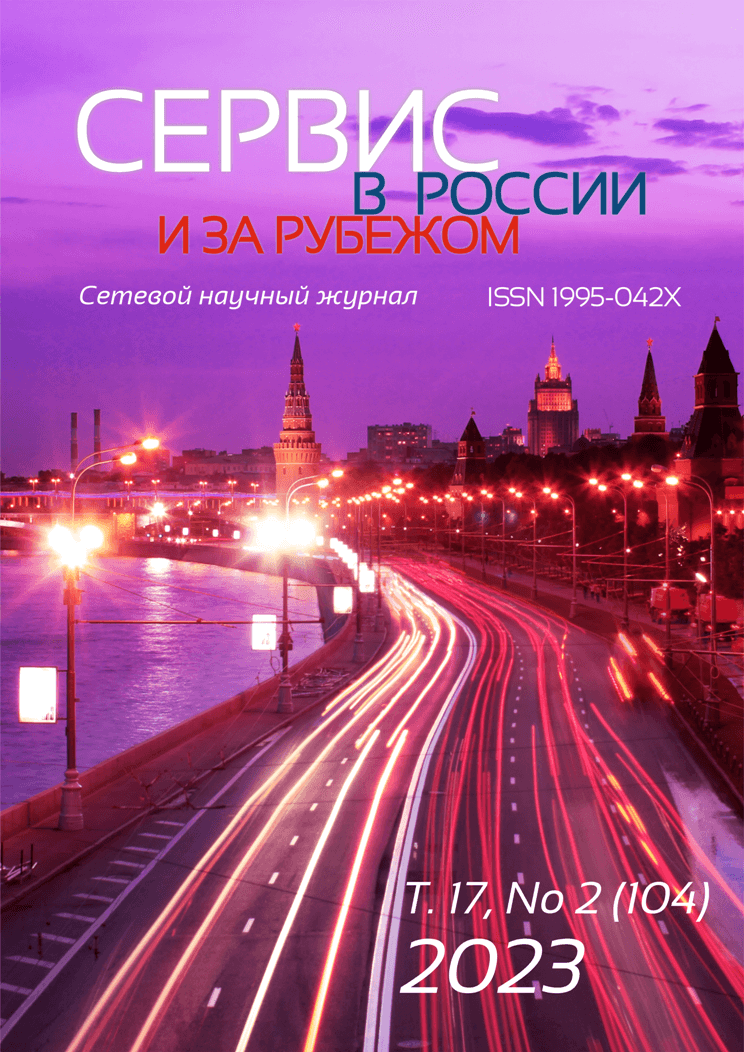The pet-friendly concept as a way to increase consumer loyalty in the hospitality industry
DOI:
https://doi.org/10.5281/zenodo.8109884Keywords:
hotels, pet-friendly, pets, accommodation for guests with pets, services for pets, consumer loyalty, hospitality industryAbstract
The article is devoted to pet-friendly concepts, one of the most relevant of the hotel business, because the number of pet owners is currently growing steadily and more and more hospitality industry enterprises adopt it. Since tourism is currently experiencing an active growth in consumer interest, the problem of traveling with a pet is quite relevant for many tourists, as evidenced by a steady increase in the number of requests on the Internet for this type of travel. Often, the pet owner should choose to leave the animal to relatives, overexposure or pet hotel, which requires careful selection of a reliable company, or take pet to trip. But limited number of pet-friendly hotels in the destination makes trip with pet impossible. The article describes the cases of the most successful foreign and domestic practice of applying various service technologies aimed at providing not just accommodation for a guest with an pets, but at creating maximum comfort for owners with an additional set of services for pet. This technological approach positively effects on the consumer’s loyalty and allows hotel enterprises to form their own permanent segment of guests. Among the problems of implying pat-friendly concept we can note the most important: insufficient number of hotel and restaurant businesses, especially in certain regions of the Russian Federation, the imperfection of the legislative framework, which is currently a significant constraint in our country in the development of customer-oriented service technologies at hospitality industry enterprises.
Downloads
References
Анисимова Д.А. Роль Pet Friendly туров в России и в мире // Трибуна учёного. 2021. №6. С. 295-298.
Винтайкина Е.В., Семенова Н.А. Внедрение услуг Digital Detox и размещения с животными в отели повышенной категории // Образование. Наука. Научные кадры. 2019. №1. С. 133-134.
Караваева А.В. Социально-экономические аспекты развития Pet Friendly туризма на территории РФ в сложившейся конъюнктуре // В сб.: Новые технологии развития туристской деятельности в Удмуртской Республике: Мат. науч.-практ. конф. Ижевск, 2022. С. 68-72.
Кучеренко Е.В. Животные в отелях // Гостиничный и ресторанный бизнес. М., 2016. С. 36-40.
Малюженко Е.В., Кабаргина А.А., Андреева Т.А. Проблемы и особенности размещения и организации проживания с животными в гостиницах РФ и за рубежом // Экономика и предпринимательство. 2020. №12(125). С. 1297-1299.
Соколова А.Д. Правовое регулирование размещения гостей с питомцами // В сб.: Инновационные технологии управления и стратегии территориального развития туризма и сферы гостеприимства: Мат. Междунар. науч.-практ. конф. М., 2020. С. 251-256.
Улина Н.В. Размещение с домашними животными как способ повышения лояльности клиентов // В сб.: Актуальные проблемы развития индустрии гостеприимства на современном этапе: Сб. науч. тр. по мат. XI междунар. науч.-практ. конф., 2015.
Rimmer D., Kim A. Pet-Friendly airline proposed // Business & Commercial Aviation. 2002. P. 27.
Downloads
Published
How to Cite
Issue
Section
License
Copyright (c) 2023 Dukhovnaya, L. L., Dusenko, S. V., Nikolskaya, E. Yu., & Galkin, D. V.

This work is licensed under a Creative Commons Attribution-NonCommercial-ShareAlike 4.0 International License.












